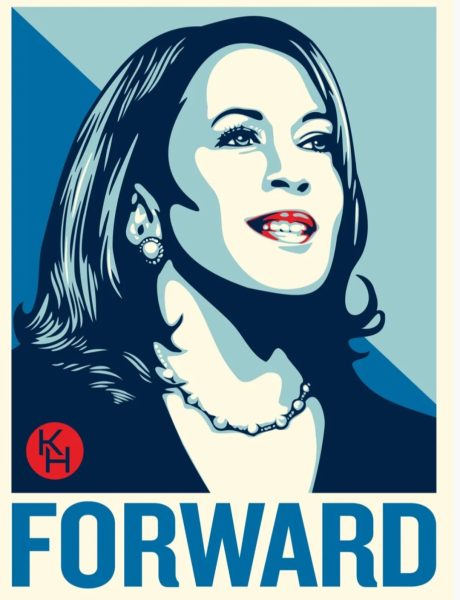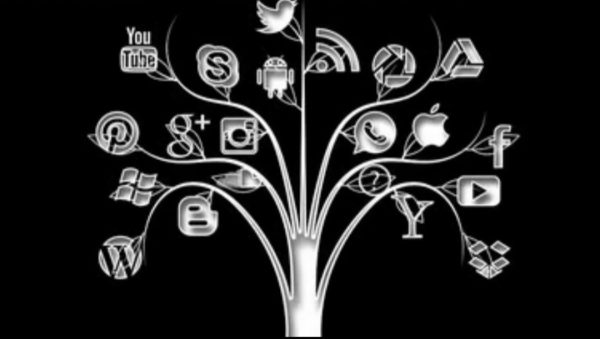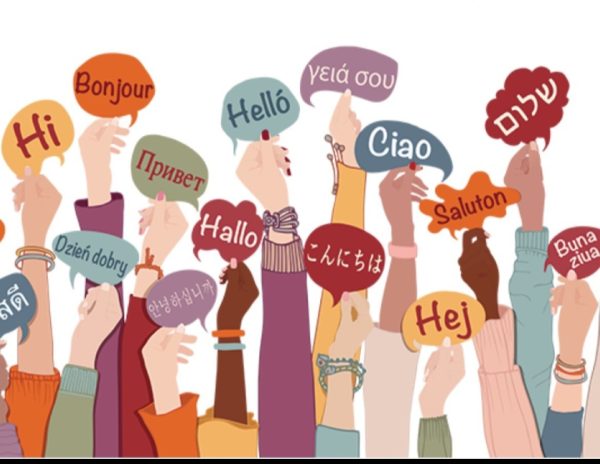Opposing Sides of Net Neutrality: No, the internet will change
The internet is about to be radically reshaped.
The Federal Communications Commission (FCC) passed a repeal of net neutrality on December 14th, a hefty addition to the Trump administration’s campaign to reverse everything Obama achieved.
Net neutrality was not only the principle that the internet service providers had to treat all content equally, it was also the idea that large providers could not control what a consumer does online, and paradoxically charge higher rates for fewer options.
However, this issue is not unprecedented. Once upon a time, traditional cable companies were the authorities of entertainment, determining the majority of what consumers got to see in their curated program schedule. Then, the internet made its claim to fame and broke that business model, and viewers saw plenty of original new content, generating a rapid growth of the internet and thus an essential push for net neutrality.
This phenomenon left cable companies distraught. They looked to the consolidation of enterprises as means to gain more power and monopolize over internet connectivity. This was all under the proposition that if they owned the content produced by themselves and their competitors, they could slow the transfer of data and demand higher rates for faster access.
Over the past two decades, the FCC has taken steps towards protecting net neutrality to inhibit powerful cable companies from turning the internet into a selective dog-eat-dog industry. However, Trump-appointed FCC chairman Ajit Pai has been advocating for the repeal of net neutrality since his appointment, which could have serious implications―not only for competitive apps and services, but for consumers of them as well.
The topic of internet equality didn’t strike many as an important or pressing issue. Why? Well, as for many overlooked topics nowadays, it didn’t directly affect them. But they are about to see serious consequences for their ignorance.
Without net neutrality, we forfeit the freedom to choose our own, unrestricted experiences online. Companies have the capability to begin charging us more for the content we prefer if it’s not their own, giving us ample reason to abandon our choice services for the sake of saving money. Instead of charging a flat fee for access to use of any apps and services as a courtesy, companies could begin compiling services into bundles such as “social” and “streaming,” forcing consumers to pay for one service in a package with two others.
It is also worth remembering that internet service providers are led by people who have political and social opinions. A lack of net neutrality could result in disadvantages to minority groups like the LGBTQ and pro-choice communities through a purposeful negligence of positive search results of these groups, leaving only biased, negative choices to the consumer.
And although members of the Internet Association―high-flying companies such as Google, Netflix, Facebook, Twitter, Amazon, and numerous others―support net neutrality, as it is a major threat to their internet-based business models, dominant cable companies are more controlling than meets the eye. Just in 2014, Netflix paid Comcast to stop slow loading of their site. One would think that a conglomerate of hotshot internet companies would have some effect against the ultra-powerful cable corporations―but that’s just it. They’re ultra-powerful.
Even more so, the idea of an anti-net neutrality business model is not new. Countries without net neutrality historically have troublesome mobile plans, tedious data caps, and blatant blocking of certain services―an irritating aspect of daily life for the citizens.
The most disconcerting part is that it may not happen all at once. A few slow streaming services here, a few higher rates there―soon, paying sky-high fees for simple, irreplaceable services will become the norm. And the days of an open, free, internet will be long gone.






